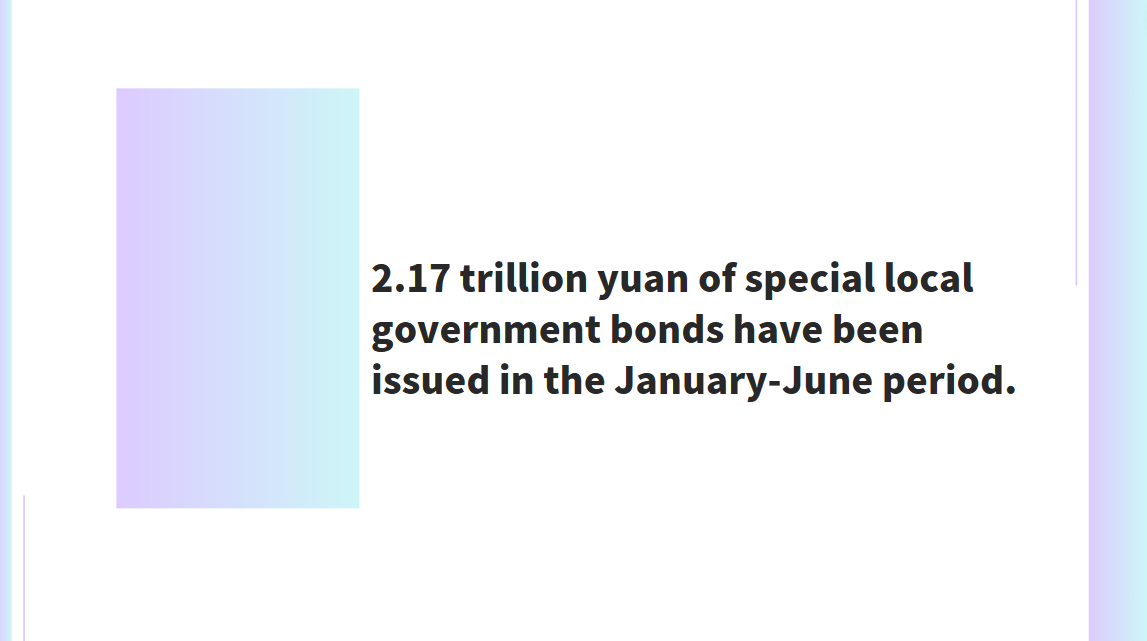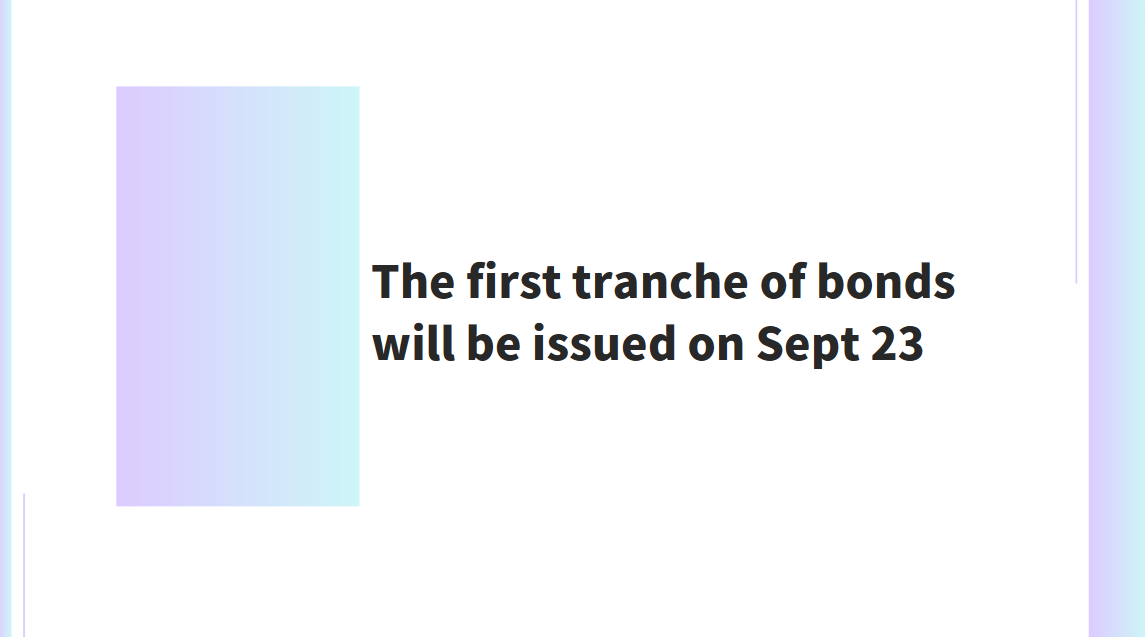Middle East Opportunities: Building a Better World Through Innovation and Technology (II)
Innovation is the key to success
James Law Cybertecture International has taken part in about 20 construction projects in the Middle East, excluding those halted during the global financial crisis in 2008. Law believes key factors in winning over Middle East clients are thinking innovatively and breaking the rules. Summarising his experience over the years, he elaborated: “If you plan to participate in a Middle East expo to showcase a design project with luxury as the only selling point, I can tell you that you don't have much chance of establishing a presence. This is because they are so awfully rich. What they want is a hitherto unseen solution, one that can transform their current lifestyle, one that is futuristic, technologically appealing, sustainable and can turn the desert into a desirable habitat.
“In architectural terms, it's the question of how you can compress space and time to enhance quality and efficiency, how you can merge the metaverse and virtual reality into daily life and convert the hot, dry desert into a cool and green residential zone. You must have insights, ambition and great vitality to have a chance in the Middle East markets, which aspire for the best. For example, if I were to design a new airport for Saudi Arabia, I would think of a way to build an airport meant for the next generation, consider what functions it will need and how to combine the airport with a spaceport. I am not going to bring a presently most advanced airport to Riyadh.”
Apart from being used to build skyscrapers and high end residences, innovative ideas can also help solve social problems. For example, in recent years, Cybertecture International has also offered a “pipe housing” solution to Abu Dhabi, the UAE capital. The main raw material in making pipe houses is concrete while 3D printing technology is used in their construction. The adoption of 3D printing means the cost of building a pipe house can be as low as US$20,000, so it offers quality houses at competitive prices to local families.
Pipe modular houses built with 3D printing technology offer quality houses at competitive prices to Abu Dhabi families. (Source: Cybertecture International)
Leveraging Hong Kong's advantages
As to the advantages of Hong Kong companies, Law pointed out that architects from around the world, including those from the Gulf countries, were all very competitive. So no architects from any particular territory, including Hong Kong, can dominate Middle East markets. Nevertheless, he cited at least two advantages Hong Kong has, explaining: “Used to small and densely populated areas, Hong Kong architects are skilled at designing skyscrapers and planning for high density towns and cities. We know what can and cannot be done. So, when building public transportation networks, large shopping malls or residential housing, we know how to consider various problems and feasible solutions according to the corresponding population density. It's these experiences that are the selling point of Hong Kong companies.”
Another advantage for Hong Kong is that it has the strong support from Beijing. At the end of 2022, when President Xi Jinping paid a state visit to Saudi Arabia and signed a comprehensive strategic partnership agreement, China Saudi relations entered a golden era. As this year marks the 10th anniversary of the Belt and Road Initiative (BRI) while Vision 2030 is generating strong demands, the two countries are stepping up the alignment between the BRI and Vision 2030 to strengthen collaborations in energy, infrastructure and investments. Against such a background, Hong Kong, as China's most international city, will inevitably benefit.
As Law had started to expand into the Middle East before China proposed the BRI, he explained that he has a deep personal understanding of what such collaborations can bring: “When I first set foot in the Middle East, everything was difficult. At that time, most clients had a long held bias that proposals from American and European architects must be better, so I didn't even have a chance of explaining mine. But now it's all different: with the rise in China's overall power, the Middle East countries have a more objective understanding of China and we have a fairer competition environment. I believe that after Chief Executive John Lee visited Saudi Arabia and the UAE, Hong Kong companies would have an easier time expanding into the area.”
Law also mentioned that it was not Hong Kong's strong suit to deal with infrastructure projects that require lots of human resources. Hong Kong companies should therefore position themselves around innovation, make the best use of technology and focus on developing small projects. Using Cybertecture International as an example, Law said that his architect team has adopted AI technology in recent years to enhance design efficiency, explaining: “A draft that took four days to prepare previously now takes just 40 seconds.”
Supporting Hong Kong's businesses
As a pioneer in entering the Middle East market, Law has been establishing his business there single handedly. In recent years, there have been many discussions on how the government should help the “going out” of Hong Kong companies. Law, who has been able to carve out his niche in the Middle East without any help from the government, is glad to share his view on how the government can help in this regard. He believes the government and society are both being too conservative, and that the government should be more proactive and not be confined to existing frameworks. Law recalled: “Once, in the last round of pitching for an architecture project in Dubai, I met a foreign leader who was accompanying the participating architecture firm of his country to meet with the judging panel. I told my team at that moment that we would lose the bid. Of course, I am not saying that our government must do the same thing; I'm only pointing out that such incidents occur every so often.”
On the other hand, the business community should also actively put forward reasonable and feasible suggestions so that the government can offer help more effectively. For example, Law has written to the government to point out that Hong Kong does not have a pavilion at the Dubai World Expo. Convinced that the Middle East market will bring enormous opportunities to Hong Kong companies, he suggested that the government should take a page from what it did during the Shanghai World Expo and set up a Hong Kong pavilion in the Dubai World Expo to promote the Hong Kong brand.
Law believes that collectively telling good stories about Hong Kong to allow the world to understand the city's brand offers the strongest support for its companies. He concluded: “The nature of business is risk and return, so we should not ask the government to help in everything, nor should we ask it to bear risks for enterprises, not to mention that too much government subsidy may not be good in enhancing the competitiveness of enterprises. Tell good stories of Hong Kong and promote the Hong Kong brand so that Hong Kong companies have a level playing field when expanding into overseas markets, and so that overseas clients will associate with Hong Kong enterprises when they want superior solutions, services and goods. This is the best support for Hong Kong companies.”




















































First, please LoginComment After ~